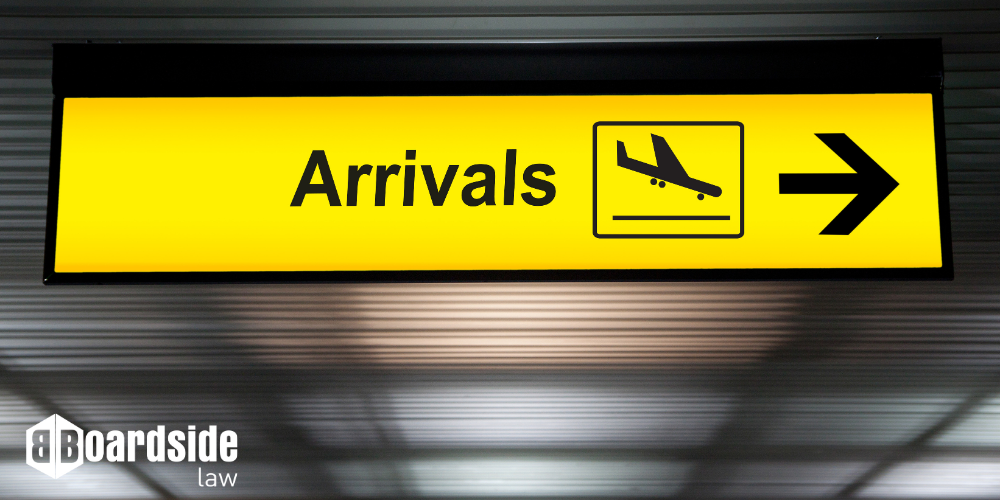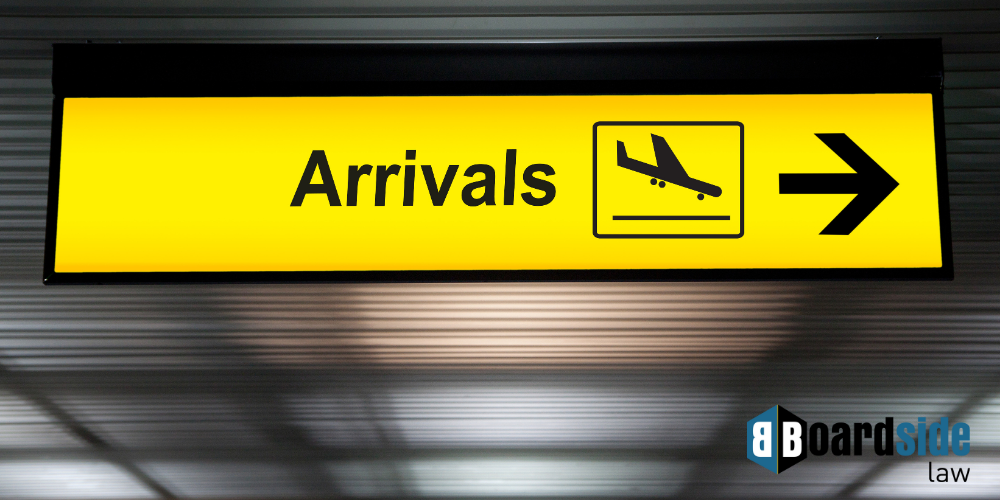Immigration Rules Overhaul
What You Need to Know Before 22 July

On 1 July 2025, the Government confirmed sweeping reforms to the Skilled Worker visa route, signalling what the Home Office has dubbed a “complete reset” of the UK’s immigration system. These changes take effect from 22 July 2025, and employers have just a short window to prepare.
What’s Changing?
1. Higher Salary Thresholds
From 22 July, the general salary threshold will rise to £41,700 (or £20.93 per hour), up from the current £38,700 introduced in April. For new entrants, the rate rises to £30,960, and for those relying on STEM PhDs or shortage occupation discounts, the salary requirement will be adjusted accordingly. These new thresholds apply not just to new applicants, but also to those seeking extensions or switching routes.
2. Skills Threshold Lifted
Previously, many roles at A-Level (RQF Level 3) were eligible for sponsorship. Now, the bar has been raised to RQF Level 6 (equivalent to a UK Bachelor’s degree). This is a sharp step up from the previous requirement. As a result, around 180 role types will be removed from sponsorship eligibility (unless covered by temporary concessions), including administrative, support and many trade positions.
3. Temporary Shortage List (TSL)
To ease the transition, the Government has introduced a new Temporary Shortage List, allowing a limited number of sub-degree level roles to remain eligible until 31 December 2026, subject to review by the Migration Advisory Committee. However, this list is significantly shorter than the previous Shortage Occupation List and is intended purely as a short-term concession.
4. Social Care Route Closure
One of the most controversial aspects of the reform is the closure of the Skilled Worker route to care workers and senior care workers (SOC codes 6135 and 6136). This is in line with the plans announced in the Government’s May Immigration White Paper. After 22 July 2025, employers will no longer be able to sponsor new overseas recruits into these roles. Transitional arrangements will remain in place for existing visa holders until July 2028, but the route will close to new applicants. However, employers still have a short window to assign Certificates of Sponsorship (CoS) under the current rules.
What Should Employers Do?
- Act now: CoSs must be assigned before 22 July 2025 if roles are affected by the changes.
- Audit recruitment plans: review job roles to confirm whether they will meet the new skill and salary thresholds.
- Update recruitment strategies: consider whether some roles could be restructured to meet eligibility or whether alternative visa routes might be available.
- Check allocations: with demand likely to surge, early action is advised to avoid CoS shortages.
- Monitor transitional guidance: particularly relevant for legacy applicants and health and care roles.
What’s Coming Next?
The July reforms are only the first step. By the end of the year, the Government intends to roll out:
- An increase in the immigration skills charge. The Immigration White Paper published in May 2025 mentioned a 32% increase in the immigration skills charge for sponsors.
- Tougher English language requirements.
- Possible reforms to family routes and sponsor obligations.
At Boardside Law, we are helping clients anticipate and adapt to this rapidly changing immigration landscape. If you’re considering overseas hires, or want to check how the reforms affect existing sponsored workers, our business immigration team is here to help. Call 0330 0949338
Please share Boardside's expertise and insights with colleagues and associates. Thank you.
Working closely with you, we can navigate the hurdles you face, to build a stronger business and to achieve commercial advantage. Call us for an initial conversation on 0330 0949338










